Switching Formula Cause Diarrhea
Switching formula cause diarrhea. The same is true if vomiting occurs along with. The loose stools may not be diarrhea at all but just her bodys way of adjusting to the formula. While transitioning from one formula to another monitor your baby.
Watch for persistent vomiting diarrhea excessive gas or constipation. Your baby might be totally allergic to milk or have a more. Studies show that iron doesnt cause constipation or any other digestive upsets.
Typically a new baby formula will not cause diarrhea. Some babies just find many formulas harder to digest though this. All babies have gas and a new formula likely wont change that.
You might worry that switching formulas will result in tummy upset for your little one but rest assured that it isnt likely. Using a certain formula or changing formulas can cause diarrhea in babies. Call your doctor if your baby has any of.
If her stool suddenly becomes very firm she may be constipated in which case you should tell your pediatrician Dont assume the constipation is due to iron-fortified formula and switch to a low-iron formula. Reasons for switching baby formula include food allergies a babys need for more iron extreme fussiness or diarrhea. Anytime you add new foods to a babys diet her poops will change a bit.
Anytime you add new foods to a babys diet her poops will change a bit. What might happen is that the bowel movements could change a bit such as frequency or color. Blood or mucus in the babys stools.
Talk to a pediatrician about how. Some babies are allergic to the protein in cows milk formula.
The same is true if vomiting occurs along with.
Some formulas can cause constipation in your baby while others might lead to diarrhea. Some babies are allergic to the protein in cows milk formula. While transitioning from one formula to another monitor your baby. The American Academy of Pediatricians AAP recommends that children ages 12 to 24 months drink whole milk rather than reduced-fat milk as toddlers need the extra fat in their diets to support optimal brain development. Report any of these symptoms to your babys doctor and follow his or her advice on switching to a special hypoallergenic formula. Some babies just find many formulas harder to digest though this. If your baby is under three months old see your pediatrician immediately. Diarrhea is not only diagnosed by the consistency of a babys poop but by how often she has a dirty. Some formulas can cause constipation in your baby while others might lead to diarrhea.
You might worry that switching formulas will result in tummy upset for your little one but rest assured that it isnt likely. Symptoms of an allergic reaction may include. Once formula-fed babies turn 1 they should switch from drinking formula to whole cows milk unless there are allergy concerns. These are all signs that your baby may be. What might happen is that the bowel movements could change a bit such as frequency or color. Blood or mucus in the babys stools. The American Academy of Pediatricians AAP recommends that children ages 12 to 24 months drink whole milk rather than reduced-fat milk as toddlers need the extra fat in their diets to support optimal brain development.

/diarrhea-in-the-breastfed-baby-431632-v1-5c01932a46e0fb0001cbf7ac.png)



/GettyImages-159627869web-57051fec3df78c7d9e8afc13.jpg)




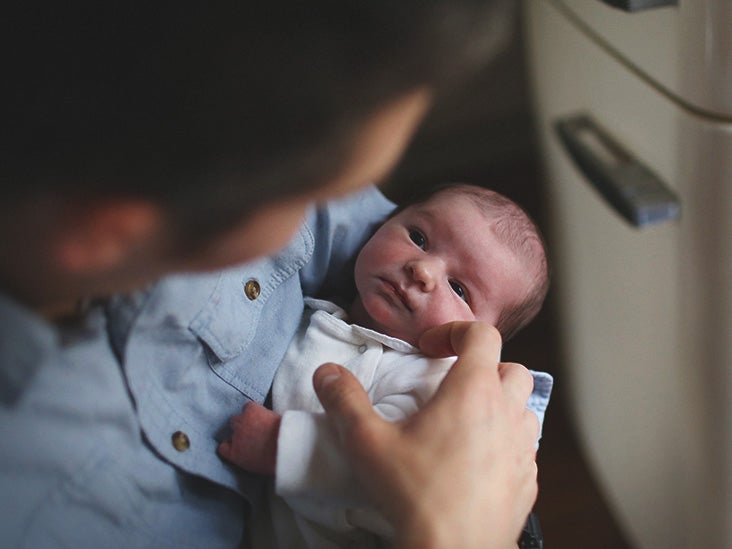

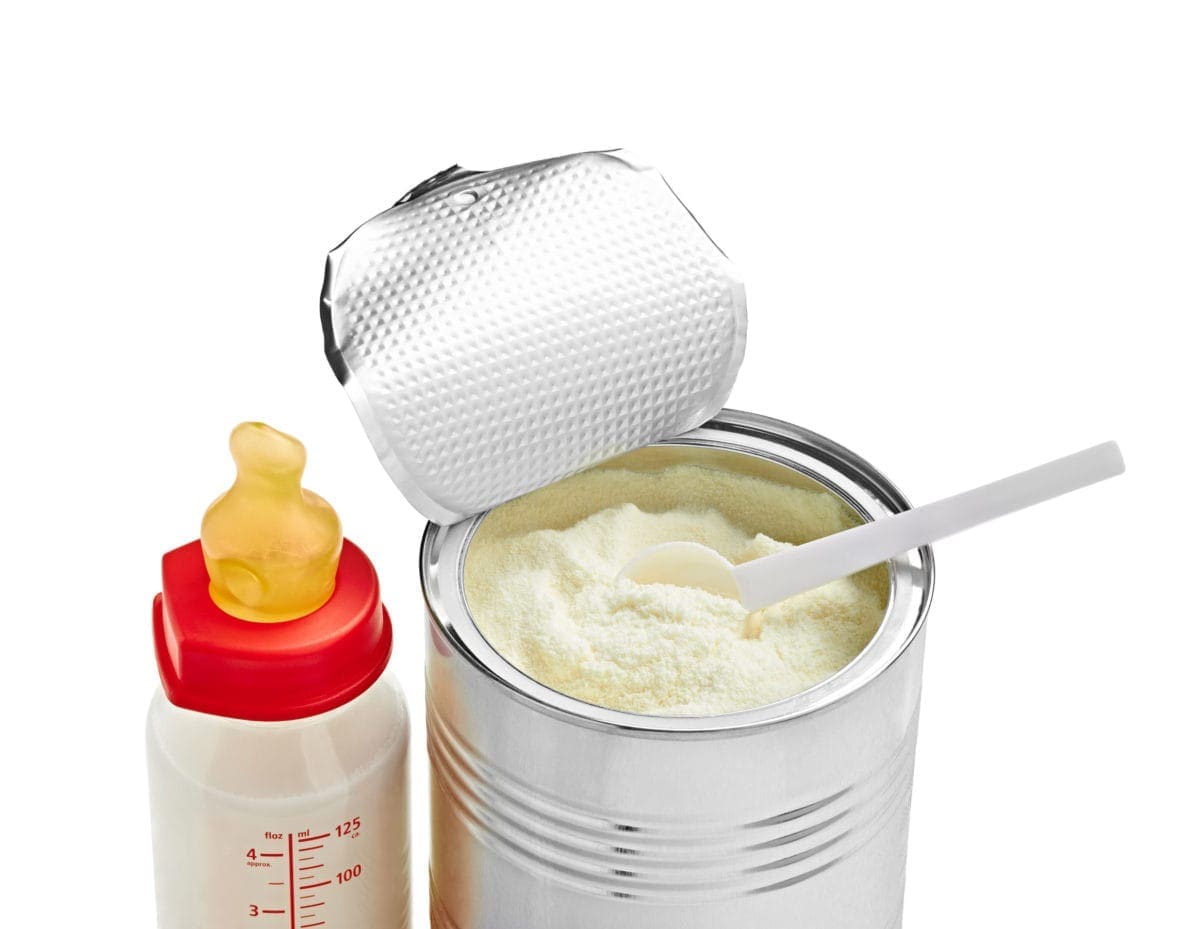




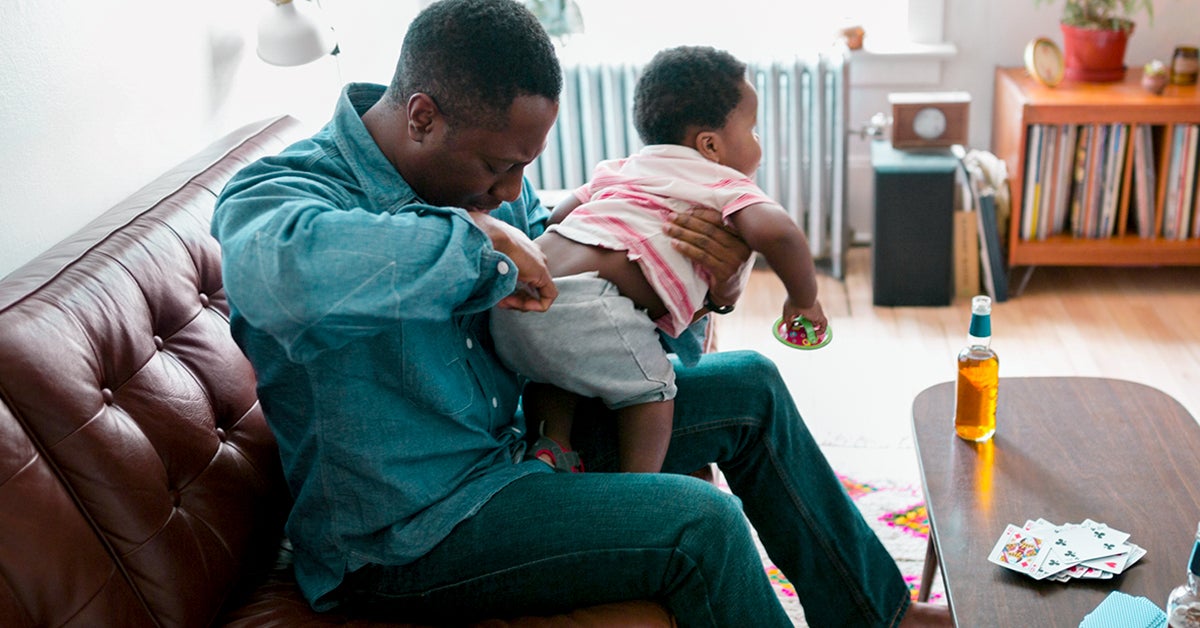






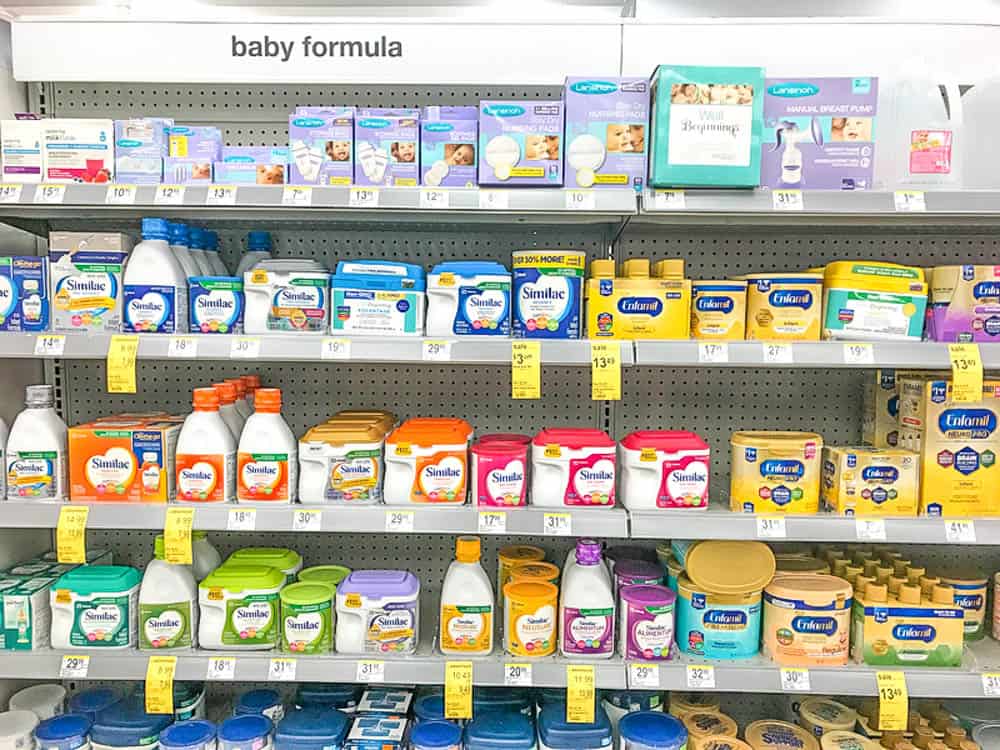


/combining-breastfeeding-and-formula-feeding-431930-c35deb8a68a6442dbb6e8995a0315e58.png)
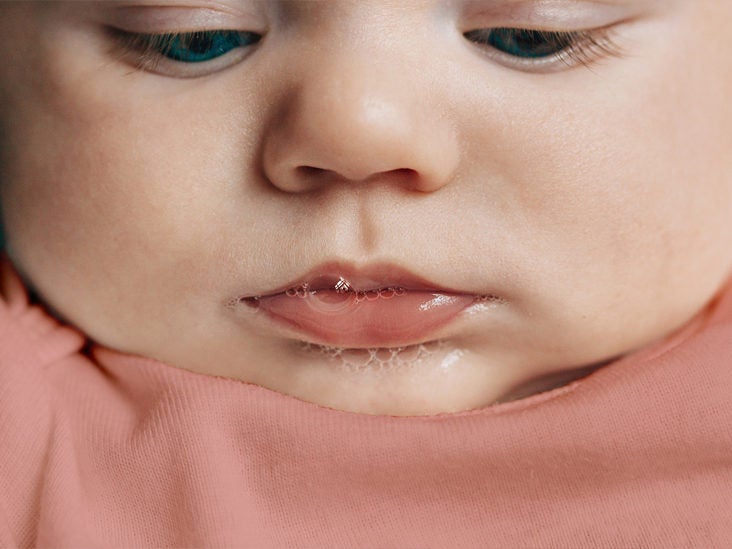
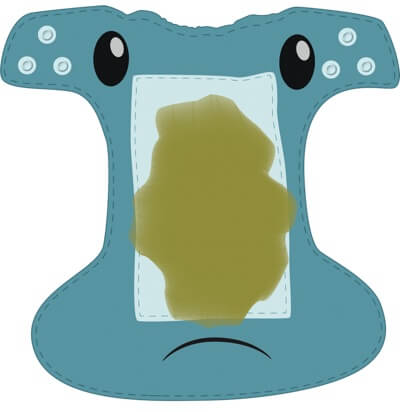



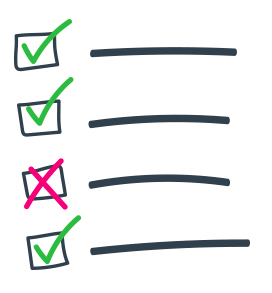
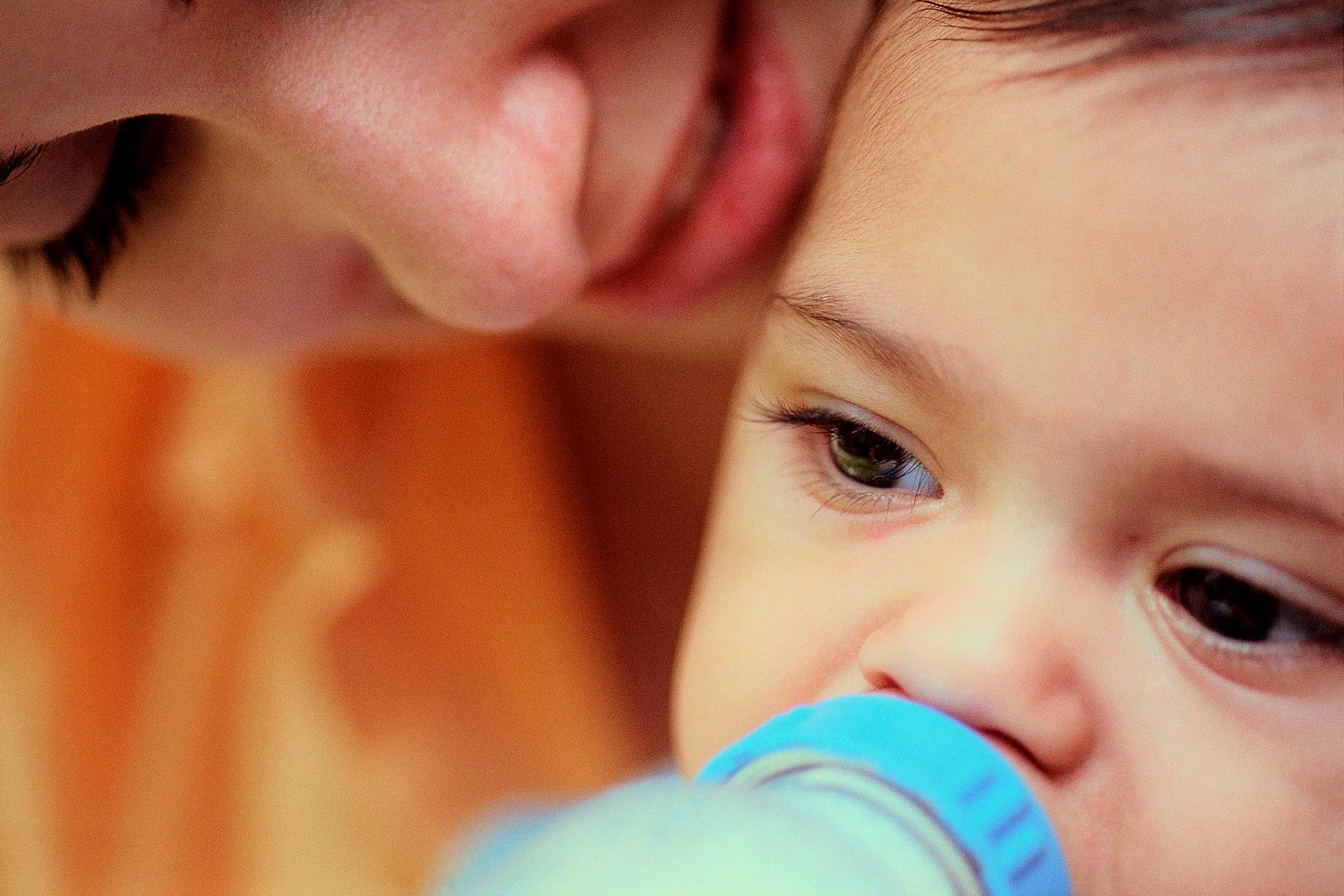



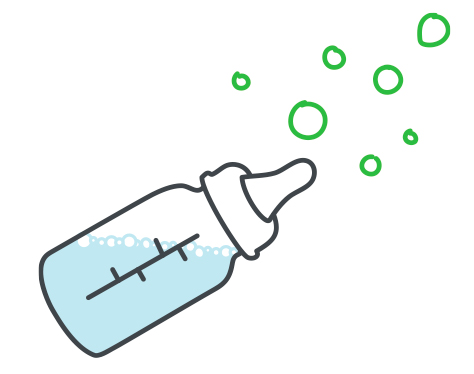
Post a Comment for "Switching Formula Cause Diarrhea"